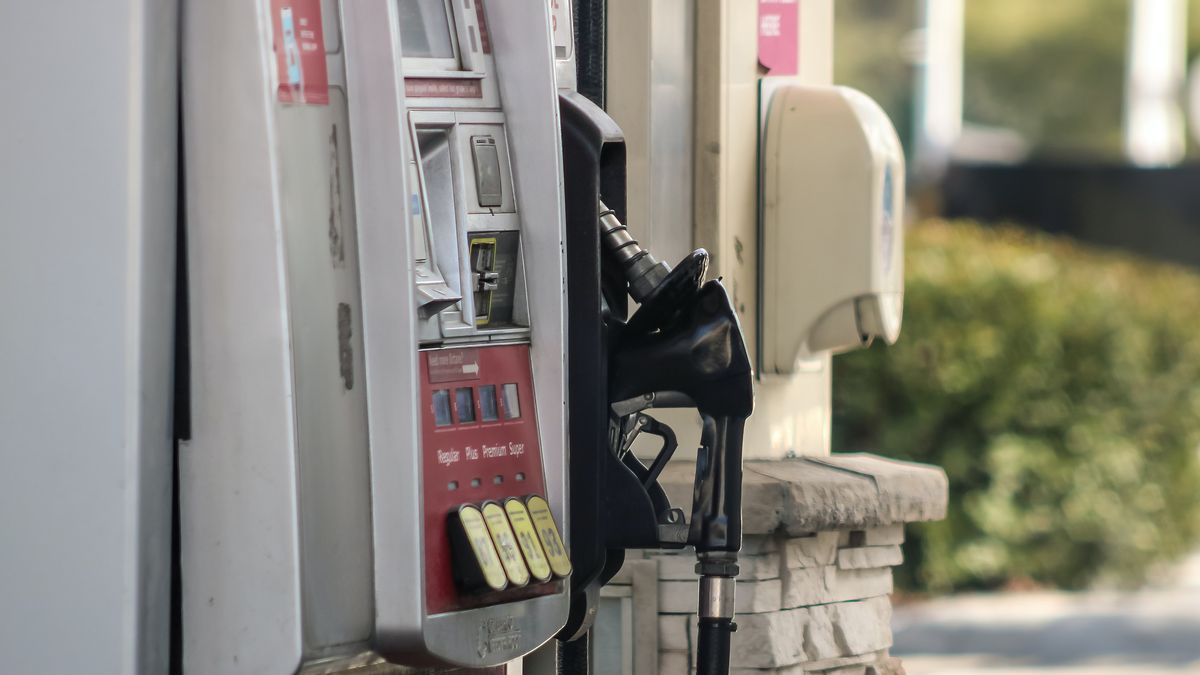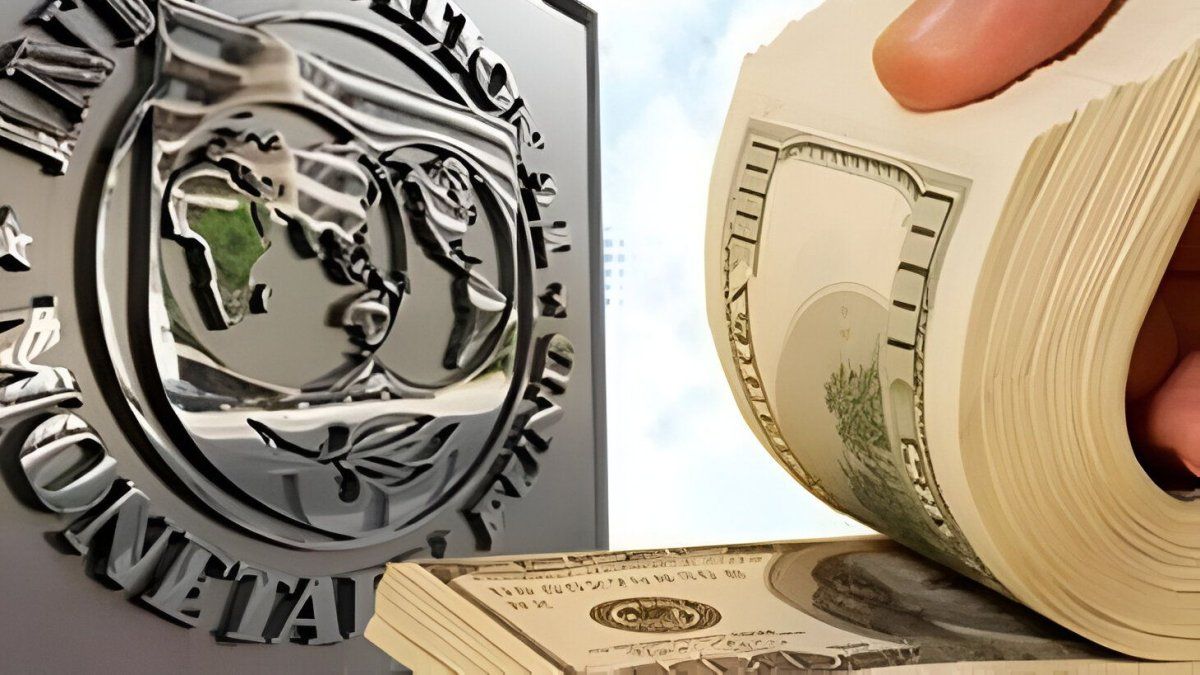The impact of the tax was between 20 and 25 cents per liter of gasoline and diesel. In addition, the company could claim retroactivity.
After the ruling in favor in the trial against the IM, Ancap is analyzing a reduction in the price of fuels.
freepik
ancap analyzes implementing a reduction in the price of fuels after the ruling of the Supreme Court of Justice (SCJ) for which you stop paying the Rate of Flammables to the Municipality of Montevideo, which creates an impact between 20 and 25 cents per liter in gasoline and diesel, as confirmed by the president of the company, Alejandro Stipanicic.
The content you want to access is exclusive to subscribers.
After winning a historic trial, the firm could also claim a retroactivity to September 2021, the date on which the legal action was filed. As reported by Underlined, another option is for this retroactivity to be up to four years, something that would imply a payment of about 60 million dollars by the IM.


Stipanicic confirmed that Ancap is evaluating with the legal service “in what way, without prejudice to what the Executive Branch has and what Ursea proposes, we We can apply it as soon as possible.” In any case, he clarified that “through Ducsa we have four service stations which are where we have the certainty that we could reduce”, without defining if it would be extended to other sectors of the Uruguay.
In turn, the chief admitted that the ruling “opens the door to reclaim the past.” In this sense, he indicated that the rate represented “about 12 million dollars a year” and anticipated: “We are going to sit down and talk with the Municipality of Montevideo to see how they can compensate what was paid in excess, if it corresponds.”
Why did the Supreme Court agree with Ancap?
The SCJ issued a few days ago in a long-standing conflict to declare unconstitutional the fee for the safety of vehicles that transport flammable products that the IM charged Ducas. The firm’s argument is that the departmental head it does not have constitutional powers to create a tax.
The Court recalled that the event generating the Flammables Rate is that of a tax and contradicts article 297 of the Constitution of the Republic, which refers to the sources of resources of the municipalities. In addition, on the substantive issue, he warned that It does not have any consideration of the IM.
Source: Ambito




